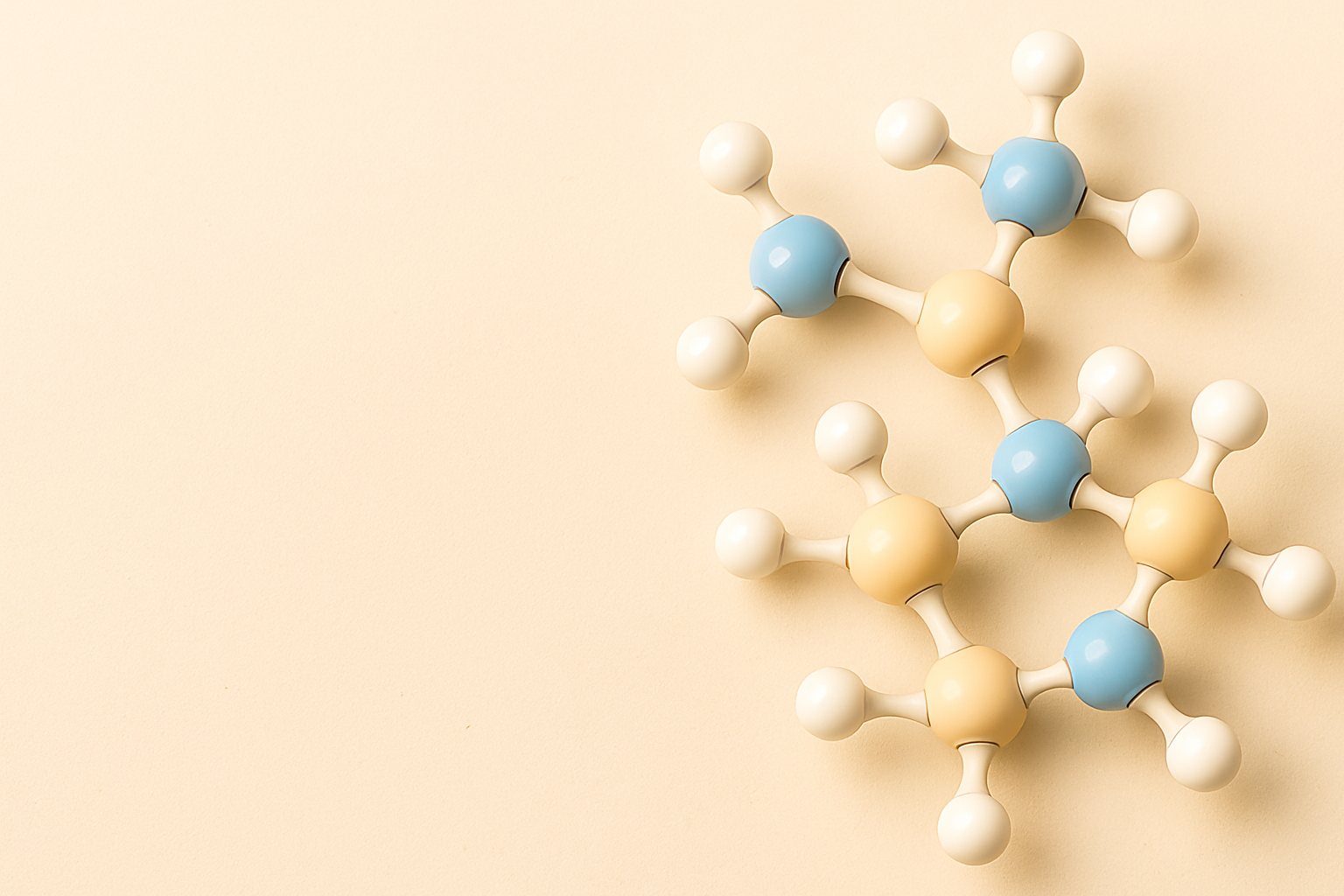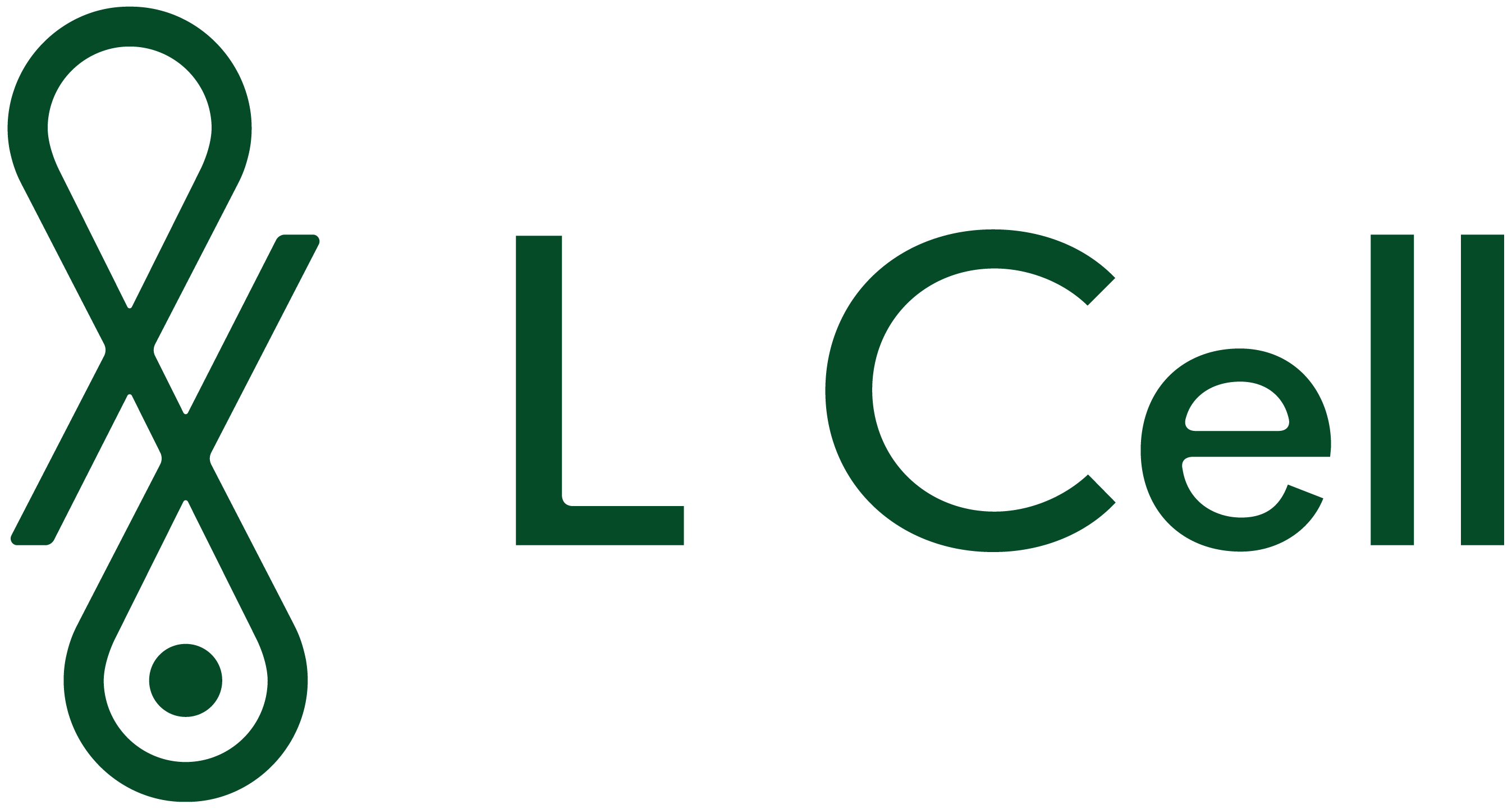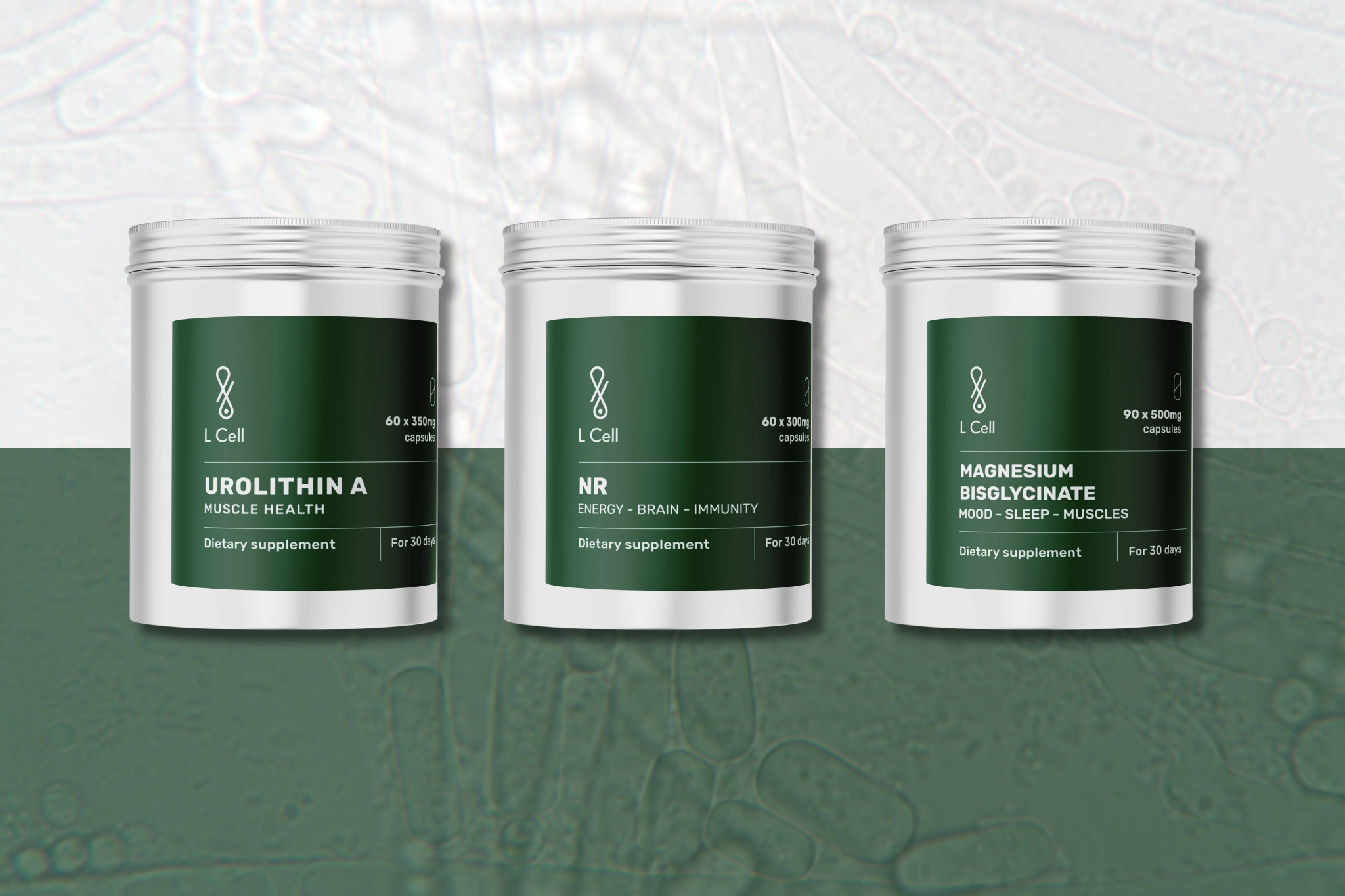
What is NAD+ and Why Is It Called the Youth Molecule?
The science of longevity can seem complex, but when viewed through the logic of how the human body works, it becomes clearer: our body renews itself every single day.
One of the key elements in this process is NAD+ – a molecule that maintains the rhythm of life within our cells.
Without NAD+, no cell could produce energy, repair DNA damage, or maintain internal balance. It is a compound essential for nearly every biological function in the human body.
NAD+ – the Energy Currency of Cells
Cells use NAD+ as an energy carrier. It participates in reactions that convert nutrients into usable energy.
When NAD+ levels are sufficient, the body efficiently regenerates tissues, recovers from stress, and maintains a stable energy balance.
However, as we age, NAD+ levels naturally decline.
From around the age of 30, this compound decreases each year, leading to slower recovery, higher stress sensitivity, and the first visible signs of aging.
Scientists call this process metabolic slowdown – when the cell’s ability to produce energy gradually weakens.
Why NAD+ Is Called the Youth Molecule
Over the past two decades, NAD+ has become one of the most studied molecules in longevity research.
Scientists have discovered that maintaining optimal NAD+ levels helps cells renew more effectively, and DNA repair processes become more active.
This means the body functions in a more “youthful” way – sustaining strong energy metabolism, mental clarity, and resilience to stress.
When NAD+ levels are stable, the body manages oxidative stress better, supports muscle strength, and improves sleep quality.
For these reasons, NAD+ is often called the youth molecule – not as a promise, but because of its vital role in sustaining the natural function of our cells.
How to Support NAD+ Levels Naturally
NAD+ levels can be supported through both lifestyle choices and nutrition.
Here are a few evidence-based ways to help:
-
Physical activity – even short daily walks or exercise sessions stimulate NAD+ synthesis in the muscles.
-
Quality sleep – during deep rest, the body repairs tissues, and NAD+ plays a role in this process.
-
Balanced diet – antioxidant-rich foods protect cells from oxidative damage.
-
Targeted supplementation – certain compounds help the body naturally restore NAD+ levels.
L Cell NR – an Advanced Way to Support NAD+
NR (Nicotinamide Riboside) is an advanced form of vitamin B3, which the body converts into NAD+ – a direct pathway to cellular energy renewal.
Unlike many supplements, NR doesn’t act superficially; it becomes part of the cell’s internal biochemical system, helping the body generate NAD+ from within.
Research shows that NR supplementation:
-
increases NAD+ concentration inside cells,
-
enhances DNA repair processes,
-
improves mitochondrial function,
-
and reduces oxidative stress.
This is not an artificial stimulant – NR simply restores what naturally declines with age.
As a result, the body can recover more efficiently, maintain mental clarity, endurance, and an overall sense of vitality.
NAD+ is the foundation of cellular vitality – a compound that determines how effectively our body produces energy and renews itself.
NR is a modern, science-backed way to maintain this balance.
By supporting NAD+ levels regularly, the body doesn’t “return to youth” – it preserves its natural ability to regenerate and stay strong.




Leave a comment
This site is protected by hCaptcha and the hCaptcha Privacy Policy and Terms of Service apply.